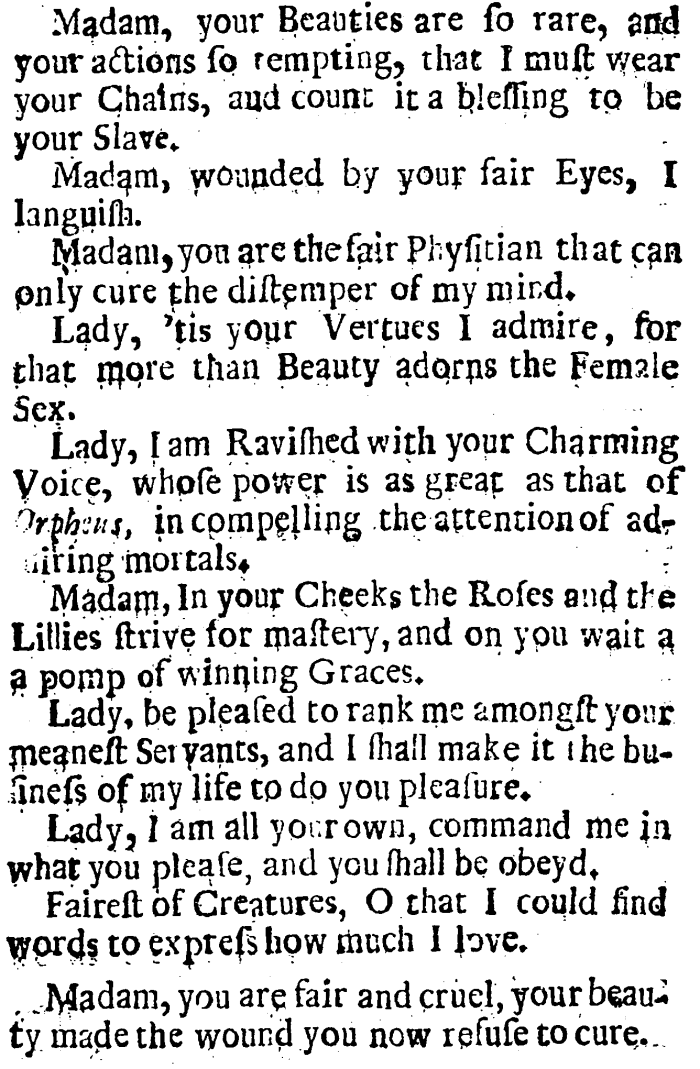A careful examination and comparison of the Second London Baptist Confession (LCF) and the Westminster Confession (WCF) yields a variety of differences and nuances, some more obvious than others. One such difference is found in the second chapter, “Of God and of the Holy Trinity.” The London Confession is considerably more detailed and technical in its formulation of the doctrine of God (which is not to imply any lack of orthodoxy on the part of the WCF). This technicality is seen in the LCF’s use of “subsistence” instead of “person.” Compare the following:
WCF 2.3

LCF 2.3

Why the change? Or what’s the difference between Person and Subsistence? The short answer is that while there is no doctrinal difference, the term “subsistence” is more technical and carries less linguistic baggage. John Owen shows the agreement of the two terms:

Richard Muller provides the following definition for “subsistentia”: An individual instance of a given essence. [Subsistence has other meanings as well, in fact it is used in a different way in paragraph one to describe God’s self-existence. His “subsistence is in and of himself” meaning that he derives his existence from himself. Or in another sense, his existence is not derived at all.]
Think about that for a moment. There is only one divine essence. Thus, three divine subsistences must all share one divine essence. How can one essence be distinguished into three subsistences but not divided? It is infinite. The essence of God is deity. The essence of man is humanity. Human nature is finite, thus no one else can subsist within my essence. I may share a common essence with humanity, but it is a divided, individual, and separated essence. A substance is an essence in existence, thus each human being is a different and separate substance sharing the common essence of humanity. But there is one divine essence and thus one divine substance, in which godhead the three persons of the trinity subsist.
This makes “subsistence” the perfect word for expressing the technical unity and trinity of God because it necessarily connects to a given essence, in this case the singular and unique essence of deity. “Person” carries with it the linguistic baggage of human personhood connected to human essence. Without proper definition, “person” can be easily misused. Trinitarian personhood is not human personhood. That being said, the WCF is in no way heterodox on the trinity. The term “person” is perfectly capable of carrying these theological distinctions. One must simply be careful. Consider the discussion of this anonymous writer. He begins by saying that the doctrine of the Trinity is practical to us because it helps us to know the one God that we love, worship, and serve.

Next he warns us of the need for precision because the Socinians (in their Racovian Catechism, see end of post) claimed that God was one person. Their fundamental flaw was to equate human personhood with divine personhood.

Persons are distinguished by personal relations and peculiar relative properties, as the LCF above made clear. Notice how in the midst of this he reminds the reader that “the divine nature is unchangeable and indivisible, and not multiplicable; therefore there is no proper action nor passion, as in nature, nor production of new being.” In other words, the eternal generation of the Son never “happened” because God is not bound by time, thus nothing can “happen” to him, i.e. no passion. He is pure being, no becoming. Thus the Son’s generation is eternal in the sense that it is atemporal. Were God bound by time, he would be changeable. Were the Son brought forth from the Father as we conceive of generation, then the nature of God would be both divisible, multiplicable, active, and passive in time (which it is not – he has no parts or passions).

Next he explains where we get the term “person” from and why we use it, acknowledging that there may be better ways to express the concepts. Once again he reminds the reader to separate ideas of human personhood from divine personhood. God is altogether other than we are.

The language we use is “improper,” that is, it does not fully describe, though it does truthfully describe, who and what God is.

In light of all of these careful nuances and important distinctions, we can safely conclude that while there is no doctrinal disagreement or difference between the two confessions, the LCF displays a careful desire for further technicality and precision and thus employs the term “subsistence” rather than person.
***A judicious and impartial reader pointed out to me that 2LCF 8.2 employs “person” while referring to Christ as the “Second Person” of the Holy Trinity. This is corroborative evidence of the fact that “subsistence” is a technical, not a doctrinal choice of language.***
See also:
John Norton on Passivity and Suffering
John Norton on the Divine Names and Perfections of God












